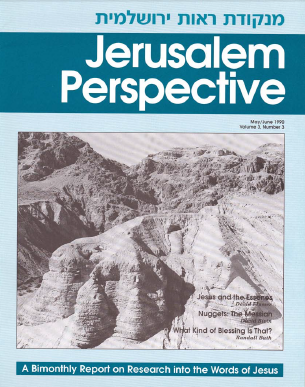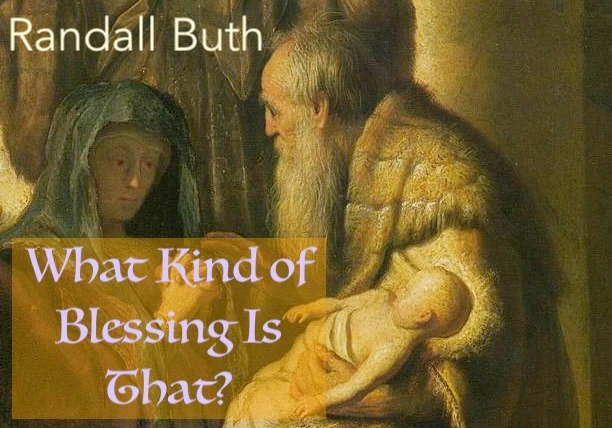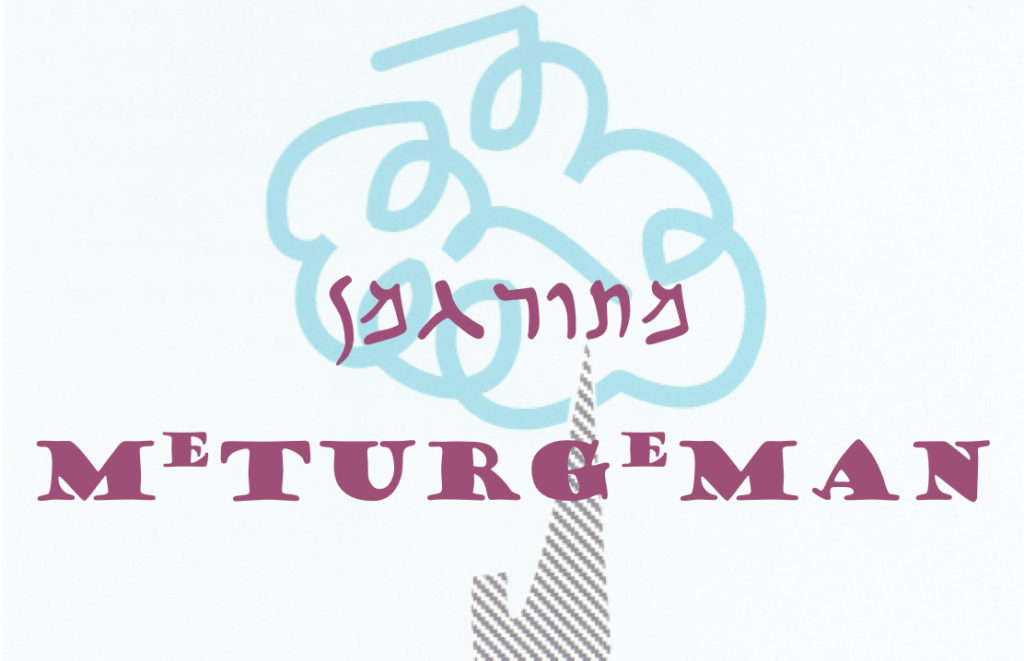How to cite this article: Randall Buth, “What Kind of Blessing Is That?” Jerusalem Perspective 26 (1990): 7-10 [https://www.jerusalemperspective.com/2479/].
מְתֻרְגְּמָן (me⋅tur⋅ge⋅MĀN) is Hebrew for “translator.” The articles in this series illustrate how a knowledge of the Gospels’ Semitic background can provide a deeper understanding of Jesus’ words and influence the translation process. For more articles in this series, click here.
And Simeon blessed them [the parents of Jesus] and said to Mary his mother, “Behold this child is destined for a falling and rising of many in Israel for a sign which is refused and a sword will go through your soul so that the thoughts of many will be revealed.
(Luke 2:34-35)
A translator faces several puzzles in the first verse of this passage. What kind of blessing did Simeon give? Was the direct speech addressed only to Mary and unrelated to the blessing? If the quotation is part of the blessing, what kind of blessing is it?
We continually need to refine our understanding of Gospel passages by viewing them together with what is known of their original cultural setting. In some cases a more informed understanding can be communicated easily in a translation, and a good translation will reflect that fuller, culturally appropriate understanding. We will look at two examples of this: a simple one in Luke 2:28-32, and a more difficult one in Luke 2:34-35.
Premium Members and Friends of JP must be signed in to view this content.
If you are not a Premium Member or Friend, please consider registering. Prices start at $5/month if paid annually, with other options for monthly and quarterly and more: Sign Up For Premium






